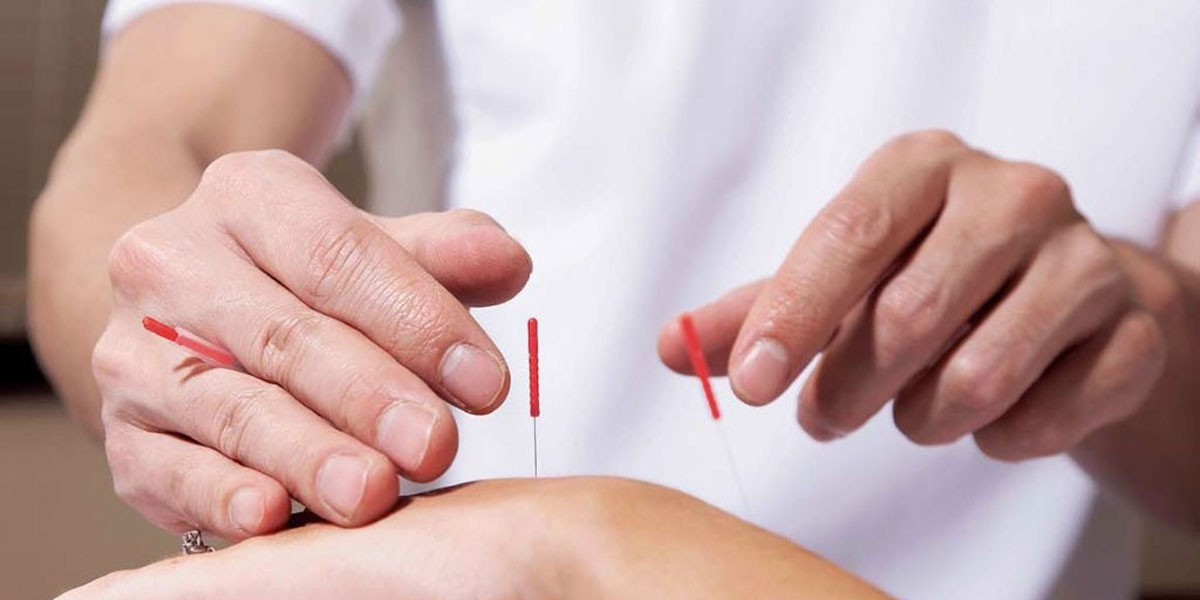
Traditional Chinese Medicine and Chinese Philosophy
Mr. Xu Jialu’s Speech at Confucius Institute at University College Dublin, Ireland: “Unlike Western medicine that is considered as medical science only, traditional Chinese medicine includes Chinese philosophy, somatology, environmental science, astronomy, meteorology, mineralogy, botany, and humanities, and it also takes account of human soul, mood, and ethics”.
People in both developed and developing countries are, to varying degrees, bothered by problems concerning their health and life span. In response, both Chinese and Western medicine should rise to work out solutions. They should work together and learn from each other so as to probe into Eastern and Western medicine and ultimately improve the overall medical service for human health.
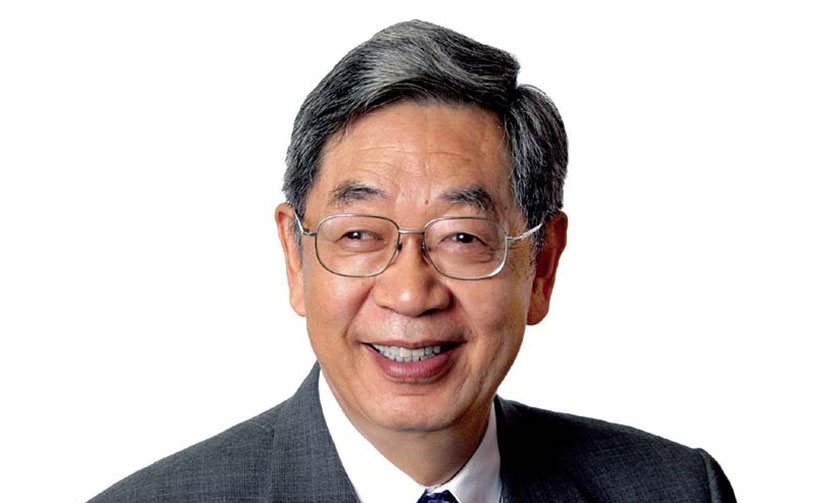
Unlike Western medicine that is considered as medical science only, traditional Chinese medicine includes Chinese philosophy, somatology, environmental science, astronomy, meteorology, mineralogy, botany, and humanities, and it also takes account of human soul, mood, and ethics. Therefore, to know something about Chinese philosophy is the prerequisite to obtaining a comprehensive understanding of traditional Chinese medicine. China is a big family of 56 ethnic groups. Thus, traditional Chinese medicine refers to the medical experience and knowledge of not only the Han ethnic group but also many others, such as Tibetan, Mongol, Hmong, Hui and Dai.
Traditional Chinese medicine has developed six concepts concerning human body: holism, individuality, system, relevance, neutrality and harmony. A person is an organic unity that has his/ her own characteristics and personalities, as there is no leaf the same as another on the earth. The related knowledge has been recorded in detail in ancient Chinese books dating back to 2,000 years ago. Thus, people should receive personalized medical care because they vary in their genetic inheritance, body structure, living environment, habit and causes of diseases. In one system, one part is related to the others, and even the cells in different parts are related to one another. Only when various organs work together harmoniously, the person could obtain his/her best health status. Beginning from the latter half of the 20th century, Westerners also realized that human body is a systemic entity, which shows the perception upon human body of traditional Chinese medicine and western medicine are coming towards the same direction.
What is the philosophical thinking behind the concept of “holism”? First, the universe is a unity, and humankind is one of its components. Human body is also a unity interrelated to the universe. For example, ear acupuncture could come to existence because various organs are responsive to the ears, and the acupuncture points are laid out in an up-side-down direction of a standing person. Another example is foot therapy which targets at the arch of foot, but is beneficial to the whole body’s health and can even cure diseases. I have a story of myself to share. Ten years ago when I attended a conference in Xianyang City, Shaanxi Province, I came across a foot therapist. Shortly after he started massaging my foot, he asked, “Did you once get your neck injured?” “There is a trivial problem with your heart, but not a big deal. Your waist also has problems.” The structural and organic defections in my body are all reflected on my foot, and had been detected by him. The lumbar disc protrusion has bothered me for 3 years now, but the therapist in Xianyang found it as early as ten years ago.
In diagnosing, traditional Chinese medical practitioners consider not only the illness itself, but also the mood and feeling of the patient as the base to obtain a comprehensive understanding. In traditional Chinese medical theory, mental and body health are closely interrelated. One major difference between traditional Chinese medicine and Western medicine is that the former treats people while the latter cures illness.
According to traditional Chinese medicine, medical treatment is personalized because people vary in their congenital conditions, family background, growth environment, life experience, food, gender and age. About the “holism” theory of Chinese medicine, there is the perception of visible and invisible, for instance the meridian system. We cannot find it even if we dissect a body and put it under an electron microscope. It shows that modern science cannot explain the meridian system yet, but being unable to explain and prove does not mean that it does not exist.
The “harmony” theory of traditional Chinese medicine stresses human’s harmony with nature, the harmony within one’s body, and the harmony between body and mind. Seasonal climate changes has significant impact upon human health. For example, traditional Chinese medicine advocates treating winter diseases in summer and summer diseases in winter, which demonstrates its recognition of harmony between human body and nature. Many people do sports to keep fi t in order to maintain the balance of body, namely, the harmony among various organs. I have a deep feeling of the harmony of my body. If I had two chicken drumsticks, a beef steak and salad for dinner, I would not be able to sleep until three o’clock in the early morning. Although the appetite is satisfied, the stomach is burdened, and that reflects the disharmony of body. Body and mind need to be harmonious also. If one keeps in a bad mood, his/her body will also be in an uncomfortable state.
Traditional Chinese medicine has four ways of diagnosis, i.e.inspection, auscultation and olfaction, inquiry, and pulse-taking and palpation, and four principles of prescriptions, i.e. the emperor, the minister, the assistance and the envoy, which means that some medicine is as dominant as an emperor, some is like a minister, an assistant or an envoy, playing different roles in a therapy. It emphasizes the doctrine of “one person, one prescription” and “change the prescription every seven to ten days”. Apart from Chinese herbs, Chinese medical treatment also includes acupuncture, tuina and massage, and stresses the importance of strengthening the body resistance to eliminate pathogenic factors and of caring for both mental and physical health. When my daughter was round six or seven years old, she started to have a low fever lasting for four days. Although it did not affect her schooling and playing, she was always in low mood. We took her to see many doctors but all in vain, until we met a traditional Chinese medicine practitioner. My daughter became revived after taking his medicine only after five days. Traditional Chinese medicine can not only cure illness, but also prevent illness by doing health preservation, taiji, qigong and taking medical food. Most Chinese herbs are plants that can be taken as food, which shows the homology of medicine and food.
Besides, there are the sayings of “living with illness” and “living with poison” in traditional Chinese medicine. The most striking example is HIV. China has a therapy that was once widely used in Africa and turned out quite effective. I once paid a visit to the patients and doctors there, and was told that some mine workers and truck drivers with HIV/ AIDS could even go back to work. Although they were still HIV positive, their life and work could go on as usual after receiving traditional Chinese medical treatment. The best example of “living with poison” is traditional Chinese doctors make use of heavy metal. It is unknown to many that when heavy metal is used in one prescription, there is also other herbs to eliminate its side effect. Overall, it’s beneficial to one’s health.
Traditional Chinese medicine had many great feats in Chinese history. For example, historical records show that, in the past two thousand years, China has been plagued by as many as 1,400 times of pestilence coupled with wars of various scales. With traditional Chinese medicine, however, Chinese population witnessed a steady growth, and had never experienced that kind of plague that Europe has experienced which kills millions of people and broke out not only one time . Besides, ancient China was one the earliest and biggest agricultural country, where the storage of crops cultivated plenty of mice, and that made it easy to spread pestilence. Thanks to traditional Chinese medicine, there was never such a case in which all lives in a city were taken. And during the process of fighting with the pestilence they developed the theory of the febrile disease.
Many nations around the world have developed their own medical theories, and traditional Chinese medicine, as one of the most mature ones, greatly enriches the medical treasury of the entire humankind. Thus, traditional Chinese medicine should learn from the excellent medical theories of other nations, including Western medicine to take merits of others to make up for the shortage of itself. Futher more, it should also work together with other medical theories to safeguard and improve the health of the entire human race.
Nowadays, traditional Chinese medicine also encounters difficulties. It is hard for traditional Chinese medicine to be accepted by and integrated into other cultures because there are gaps or even misunderstandings among them and their perceptions toward human body and the universe are different. What makes it even harder is that medicine involves a wide range of areas like science, policy, education and business. Generally speaking, the differences between Western medicine and traditional Chinese medicine can be categorized into the following aspects. The former stresses on analytical thinking, and thus relatively accurate, while the latter stresses on comprehensiveness, and therefore comparatively obscure. The former stresses on commonality, and thus repeatable, while the latter stresses on individuality, and therefore variable. The former uses the same prescription for the same disease, and thus more standardized, while the latter provides personalized treatment, and therefore more flexible. The former targets at the focus of infection, and thus more straightforward, while the latter treats the entire body and therefore depends more on experience.
In the meantime, traditional Chinese medicine is embracing opportunities. The world is getting smaller and the gaps among different cultures are also narrowing. People’s mind is changing and they start to recognize more truths. With ecological degradation, medical science as a whole is caught in a dilemma. For example, I once had a talk with the Chief Executive of the WHO China Office. He told me that the world is facing a serious problem, i.e. the abuse of antibiotics, which will result in resistance. When there is resistance, the dosage needed to be increased, which will in turn cause more side effects. As a result, a new type of antibiotics has to be developed. But do we really need antibiotics all the time? Perhaps, traditional Chinese medicine and Chinese culture can offer the world another way to think over and solve the problem.
Published in Confucius Institute Magazine
Number 50. Volume III. May 2017.
Number 50. Volume III. May 2017.






















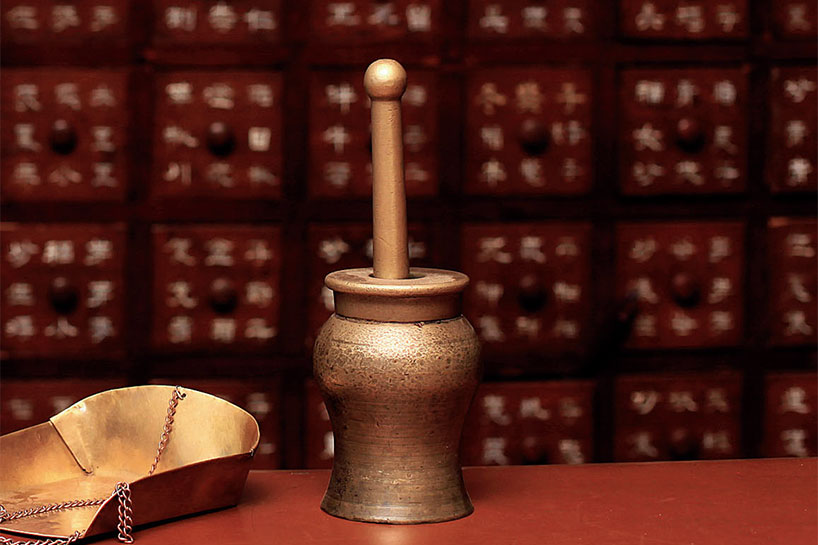
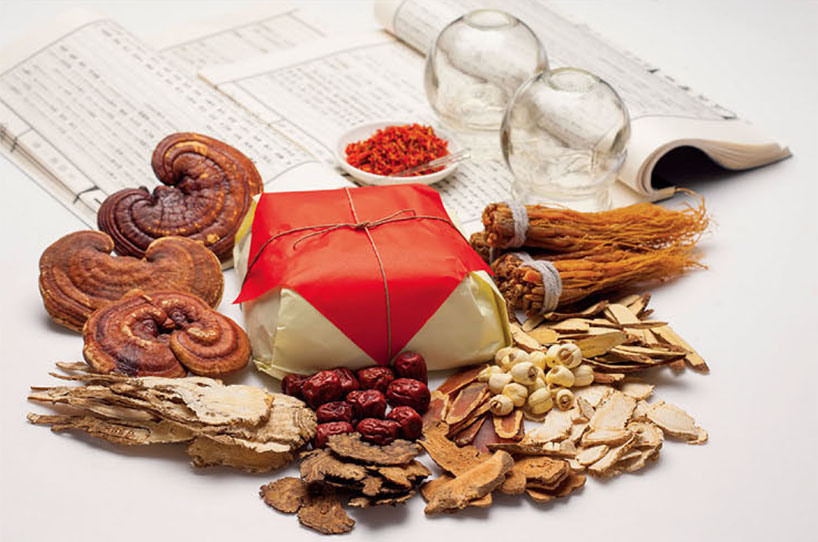

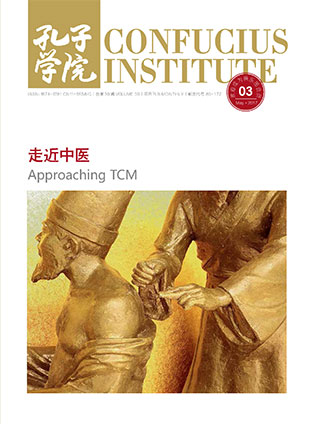
No hay comentarios:
Publicar un comentario